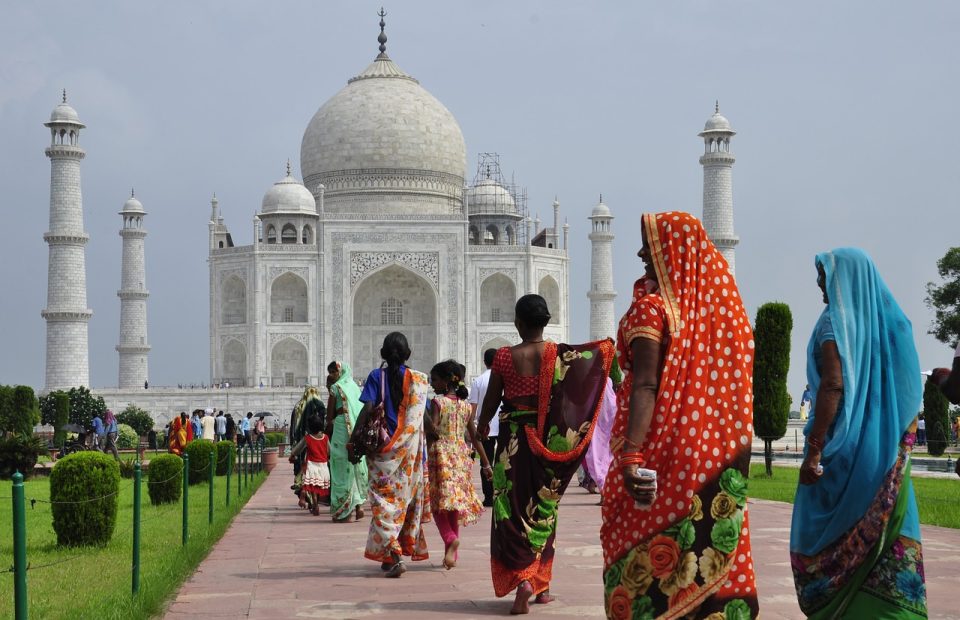1 – Apocalypse: A History of the End of Time: John Michael Greer, 2011. This book provides a comprehensive history of the idea of the apocalypse from ancient times to the present day. It examines the ways in which various cultures and religions have conceptualized the end of the world, and explores the psychological and social factors that have contributed to these beliefs. Greer traces the development of apocalyptic thinking through the religious traditions of Judaism, Christianity, Islam, and other belief systems, as well as through the secular ideologies of the modern era. He also considers the impact of popular culture on apocalyptic beliefs, including the influence of science fiction and other media. The book is well-researched and engagingly written, and offers a fascinating perspective on one of the most enduring and influential ideas in human history.
2 – A Brief History of the Apocalypse: Sylvia Browne, 2008. This book provides a concise overview of the history of the apocalypse, focusing on its role in various religious and cultural traditions. Browne examines the ways in which the idea of the end of the world has been used to inspire and motivate people throughout history, and explores the various interpretations of apocalyptic prophecies that have emerged over time. She also discusses the psychological and emotional factors that contribute to belief in the apocalypse, and considers the ways in which these beliefs can be both positive and negative. The book is written in an accessible and engaging style, and provides a useful introduction to the topic for those who are new to it.
3 – The End of the World: A History: Otto Friedrich, 2002. This book provides a detailed and engaging history of the idea of the end of the world, from ancient times to the present day. Friedrich explores the ways in which various cultures and religions have imagined the apocalypse, and examines the social, political, and cultural factors that have contributed to these beliefs. He also considers the impact of apocalyptic thinking on human behavior, and discusses the role of technology and science in shaping our ideas about the end of the world. The book is well-researched and offers a thought-provoking perspective on the enduring appeal of apocalyptic beliefs.
4 – Apocalypticism in the Modern Period and the Contemporary Age: Stephen D. O’Leary and Glen W. Davidson (eds.), 2012. This edited volume brings together a range of scholars to explore the ways in which apocalyptic thinking has evolved and adapted in the modern and contemporary periods. The book covers a wide range of topics, including the impact of modern science and technology on apocalyptic beliefs, the role of popular culture in shaping these beliefs, and the ways in which apocalyptic thinking has influenced political and social movements. The contributors draw on a variety of disciplinary perspectives, including history, sociology, psychology, and cultural studies, to offer a rich and nuanced analysis of this complex phenomenon.
5 – The Last Judgment: Christian Ethics in a Legal Culture: Vincent W. Lloyd, 2012. This book explores the ways in which the Christian concept of the Last Judgment has been used to shape ethical thinking in Western culture. Lloyd examines the historical development of this idea, tracing its roots in the Jewish and Christian traditions and exploring its influence on legal and political systems throughout history. He also considers the ways in which the Last Judgment has been interpreted and reinterpreted over time, and discusses the challenges of applying this concept to contemporary ethical dilemmas. The book offers a thoughtful and provocative analysis of the enduring power of this central Christian belief.
6 – The Four Horsemen: The Conversation That Sparked an Atheist Revolution: Richard Dawkins, Sam Harris, Daniel Dennett, and Christopher Hitchens, 2019 (originally published in 2007). This book is a transcript of a conversation between four prominent atheist intellectuals, Richard Dawkins, Sam Harris, Daniel Dennett, and Christopher Hitchens. The discussion covers a range of topics related to atheism, including the role of religion in society, the ethics of belief, and the nature of consciousness. The conversation also touches on the topic of apocalyptic beliefs, with the participants discussing the ways in which religious and secular apocalyptic thinking have influenced human history. The book offers a fascinating insight into the perspectives of these four influential thinkers, and provides a thought-provoking exploration of some of the most pressing questions facing humanity today.
7 – Heaven on Earth: A History of American Utopias: Henry Rosemont Jr., 2019 (originally published in 1957). This book provides a history of American utopianism, focusing on the various movements and communities that have sought to create a perfect society on earth. Rosemont examines the ways in which these utopian visions have been influenced by religious and philosophical beliefs, as well as by social and political movements. He also considers the ways in which these utopian experiments have succeeded or failed, and the lessons that can be drawn from them. The book offers a fascinating perspective on the human desire for a better world, and the challenges of realizing this vision.
8 – The World in Flames: A Black Boyhood in a White Supremacist Doomsday Cult: Jerald Walker, 2021. This memoir tells the story of Jerald Walker’s childhood in a black separatist cult that believed in an impending apocalypse. Walker describes his upbringing in this community, where he was taught to fear and mistrust outsiders and to prepare for the end of the world. He also reflects on the ways in which his experiences in the cult have shaped his identity and his understanding of the world. The book offers a powerful and personal perspective on the impact of apocalyptic beliefs on individuals and communities.
9 – The Apocalypse in the Early Middle Ages: James Palmer, 2014. This book provides a history of apocalyptic thinking in the early Middle Ages, from the collapse of the Roman Empire to the end of the first millennium. Palmer examines the ways in which apocalyptic beliefs were used to make sense of the turbulent events of this period, including the rise of Islam and the Viking invasions. He also considers the ways in which these beliefs influenced religious and political institutions, and how they shaped the cultural and intellectual landscape of the time. The book is well-researched and offers a nuanced perspective on this important period in history.
10 – The End of the World and Other Catastrophes: Lucrezia Cippitelli, 2021. This book provides a global perspective on the idea of the apocalypse, exploring the ways in which different cultures and societies have conceptualized the end of the world. Cippitelli considers the role of religion, science, and popular culture in shaping apocalyptic beliefs, and discusses the ways in which these beliefs have influenced human behavior throughout history. She also considers the challenges of living in a world that is facing multiple existential threats, including climate change, pandemics, and technological risks. The book offers a timely and insightful analysis of one of the most pressing issues of our time.












